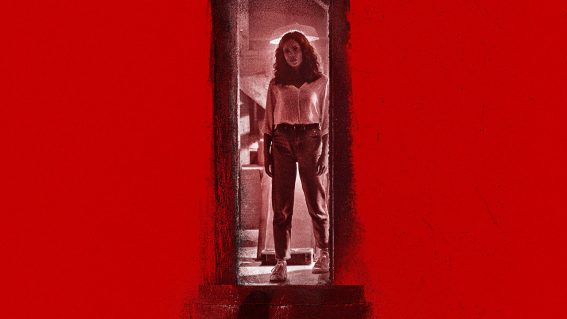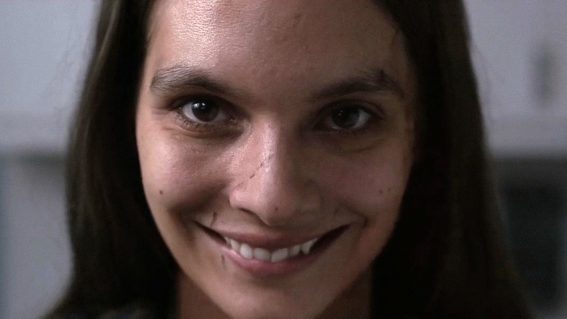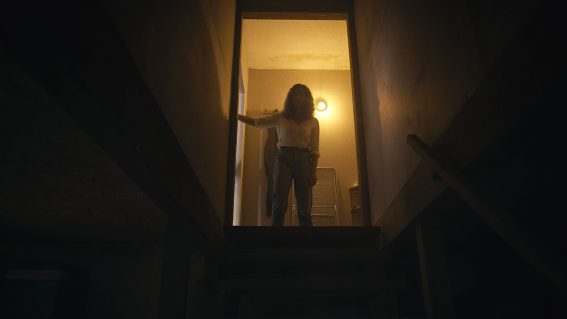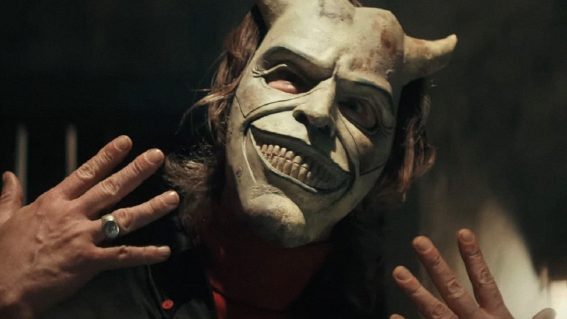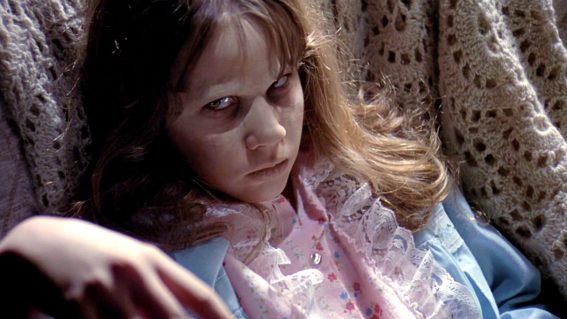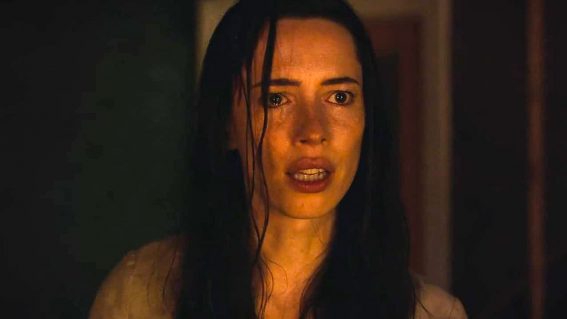Train to Busan sequel Peninsula relies on CGI-drenched action over zombie scares
The Train to Busan sequel doesn’t sustain a strong first act.
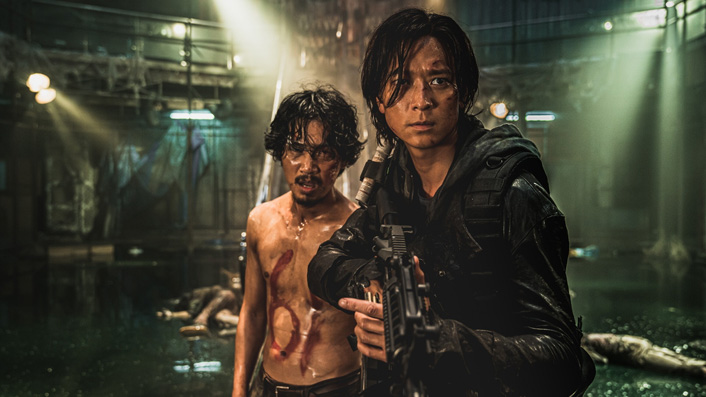
Yeon Sang-ho returns to direct Peninsula, a standalone sequel to Korean zombie apocalypse thriller Train to Busan. Set four years after the events of the first film, a team of Korean refugees return to the quarantined peninsula to retrieve millions in cash. Steve Newall’s impressed with the world-building and setup, but not so much by the film’s reliance on CGI-drenched action set pieces over chilling zombie scares.
This standalone sequel to the excellent Train to Busan wastes no time in bringing us up to speed with what has happened since, and introducing a new cast of characters. In the opening minutes, set during the outbreak seen in the preceding film, we meet a Marine Captain driving a family to a military-run evacuation by ship. Intercut with this mass extraction, Peninsula uses a late night talk show interview as an infodump for the cruel reality awaiting them—aboard the fleet of ships carrying survivors is an outbreak of infected, its consequences shown onscreen and accompanied with not the last overly heavy-handed strings to be heard in this film.
See also:
* Find times and tickets for Peninsula
* All movies now playing in cinemas
* All new streaming movies & series
As a result of the onboard contagion, neighbouring countries ultimately chose to reject refugees, we’re told by an English-speaking talk show guest (presumably telling a TV audience things they already know in detail)—placing the Korean peninsula into quarantine, with North Korea a bulwark against the zombies’ escape. It’s probably for the best that the gruesome authoritarian measures required to do so aren’t explained, but the consequences for some Koreans now living in Hong Kong aren’t so great either—they’re treated as pariahs by Hongkongers, a mix of prejudice, fear and superiority suggesting they’ll permanently be second-class citizens.
While it may be a little clunkily-executed, this is still some intriguing world-building and extremely pertinent mid-Covid pandemic. The anti-Korean sentiment also explains why, when tasked by a crime boss to return to zombie-infested South Korea and bring back abandoned millions in US currency (for a generous cut), the now former Marine Jung-seok, his brother-in-law Chul-min and two other refugees don’t just reply “get stuffed”. As the well-armed quartet arrive in the port city of Incheon under cover of darkness, Peninsula evokes Escape From New York—the city’s a dilapidated moonlit ruin—and as they negotiate their way around overgrown freeways littered with cars, the urban environments will be a welcome sight to those that have recently finished playing The Last of Us Part II and hanker for more post-apocalyptic paranoia as nervous gun-toting humans sneak through shipping containers and underground car parks.
Of course, this mission isn’t going to go as smoothly as it’s been pitched to them, the team running into both zombies and local survivors before they’re able to make off with the dough. Cue the first of several pretty average CGI action sequences with cars hurtling around Incheon’s wreckage and zombie-strewn roads—the obvious lack of real physics sucking out the excitement we’re supposed to feel during wannabe Mad Max/Fast and Furious antics by just not being tangible enough to buy into the action.
And, apart from a few chilling moments—a reveal of hundreds of zombies pressed up against glass just in front of its heroes, for instance—Peninsula squanders the potential that lies in the return to a world lost to the undead. As opposed to a constant existential threat, the zombies’ presence is mainly used to increase the film’s tempo arbitrarily—as CGI creatures to splatter en masse with CGI cars or a chaotic addition to human versus human gunfights. Gone are paranoid tropes (Is this person bitten? Is this room safe?) in favour of fairly unspectacular action, returning writer-director Yeon Sang-ho seeming more interested in Incheon’s soldiers-gone-mad survivors (who frankly are not depicted as all that interesting) and building up to a third act Fury Road chase across the city, once again frustratingly difficult to enjoy thanks to its overly digital nature.
By the time the strings are back in full force at the film’s ho-hum end, Peninsula hasn’t lived up to either its pretty decent opening half hour, or Train to Busan expectations. There’s still stuff to enjoy, but unfortunately its dispensed in diminishing amounts as the film plays out, and I just couldn’t get past the film’s reliance on CGI-drenched action set pieces over chilling zombie scares.






